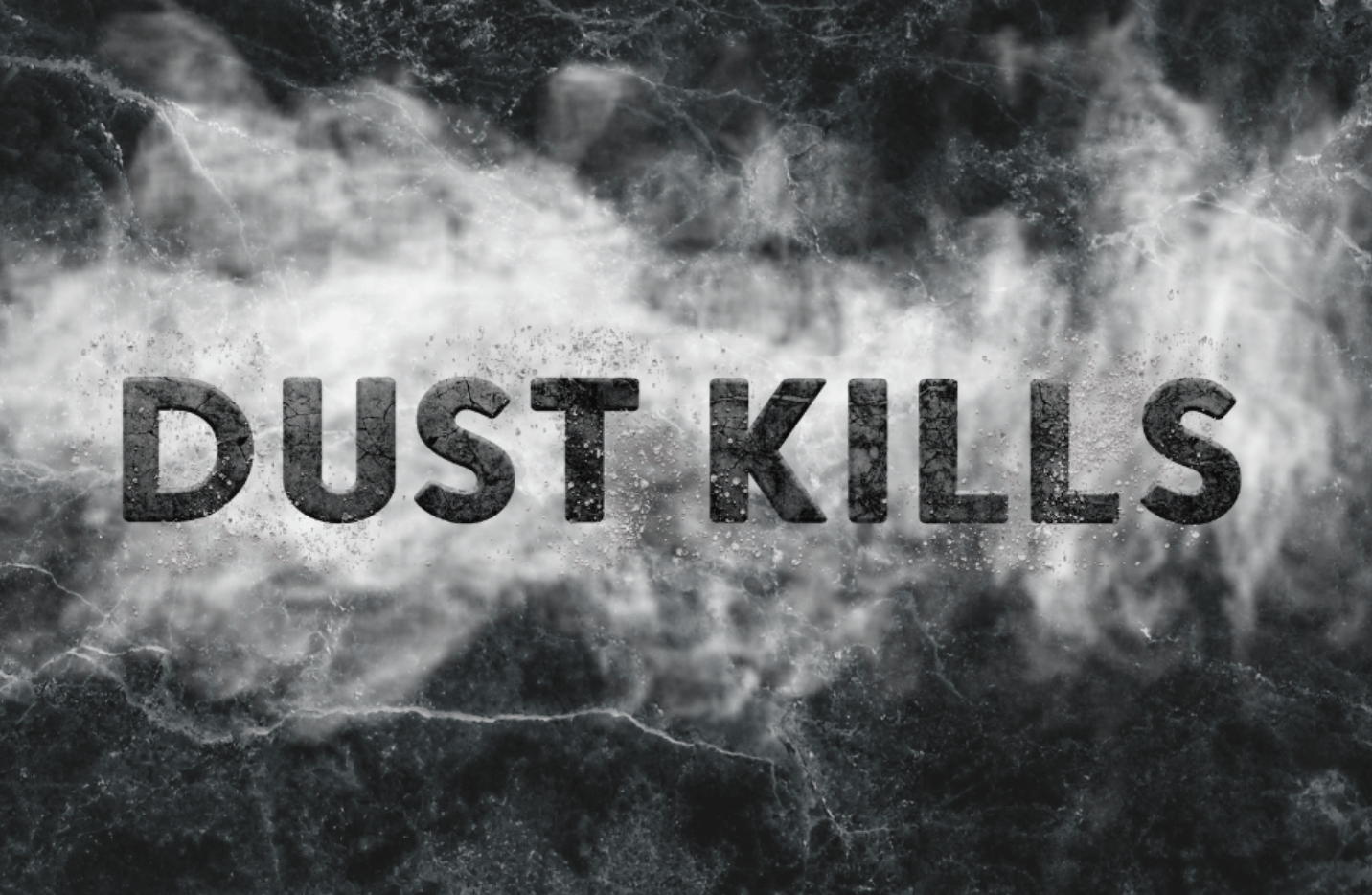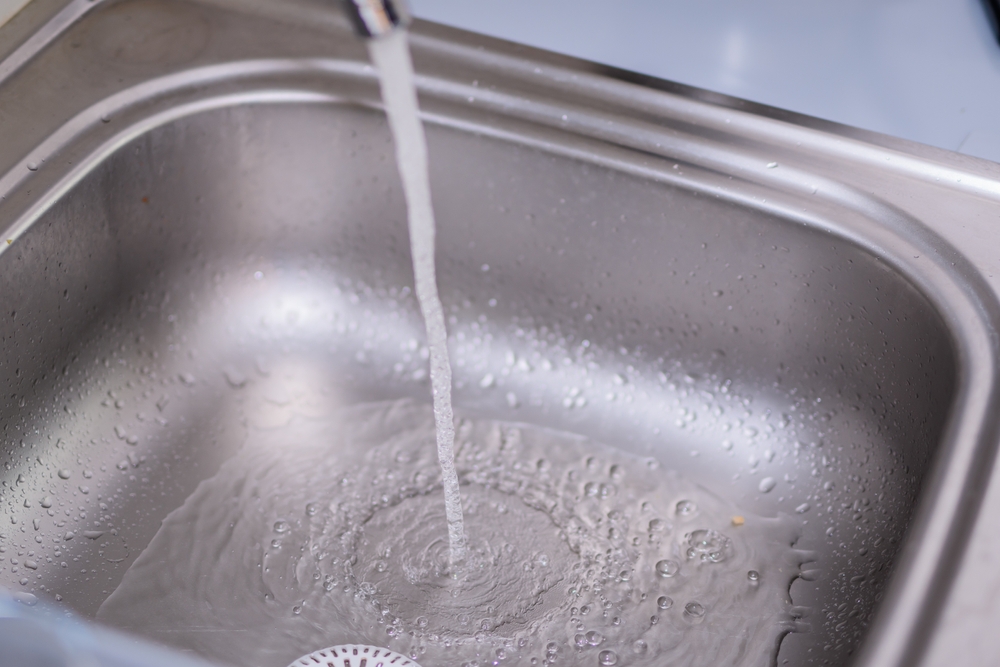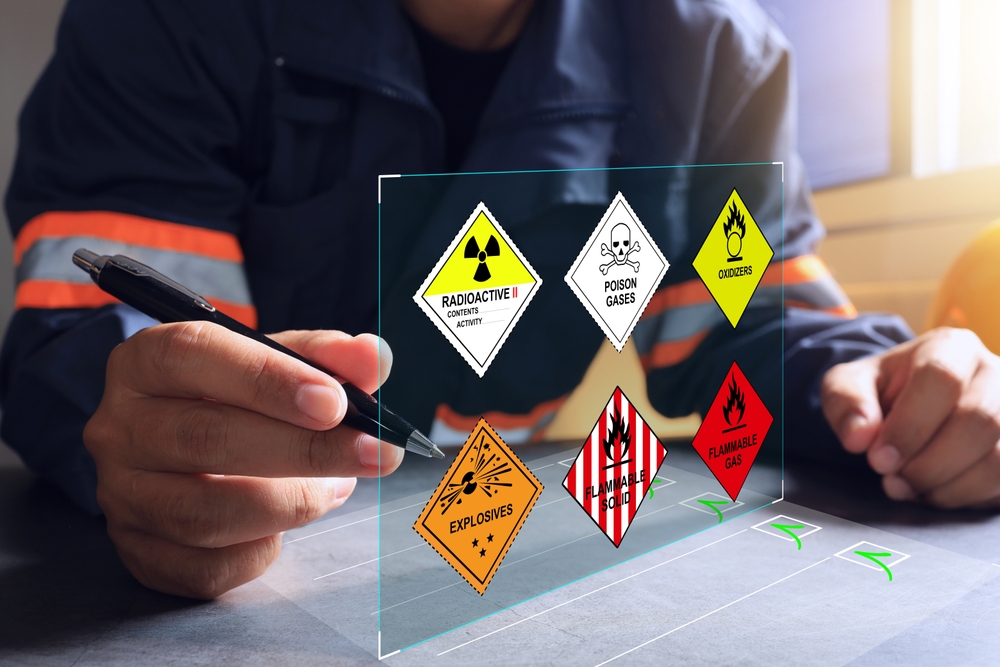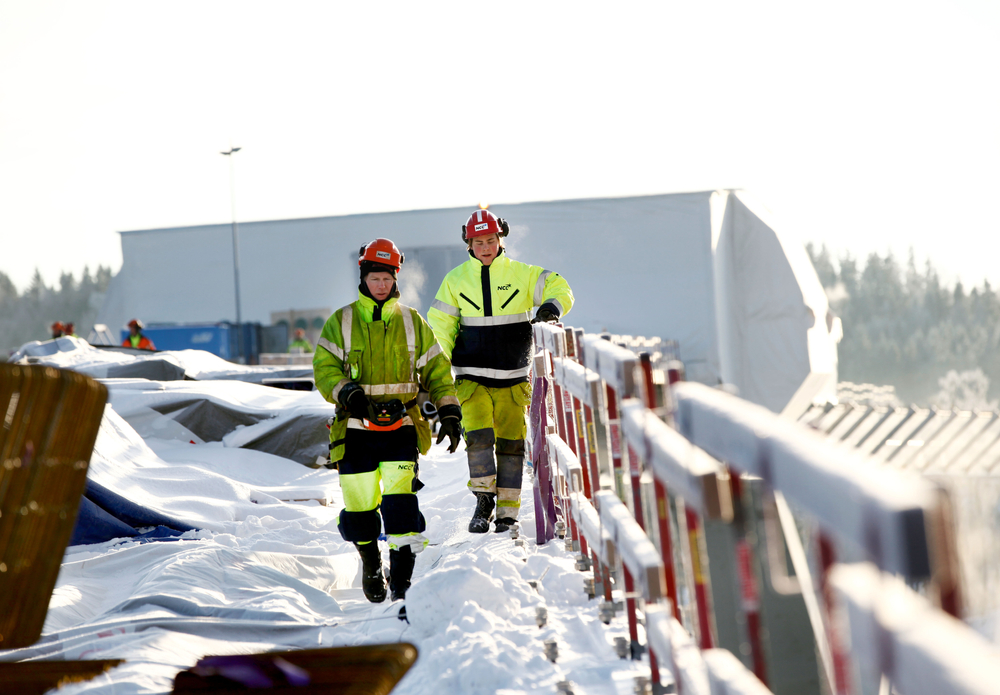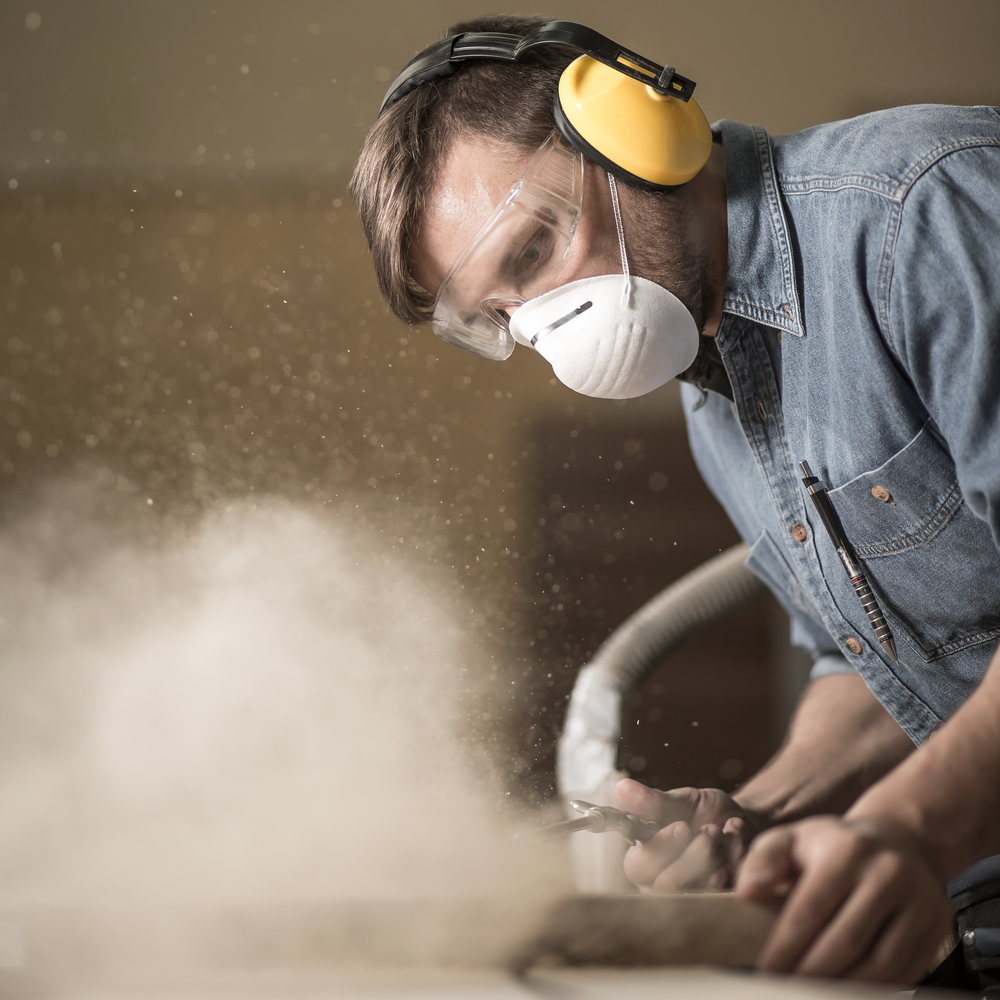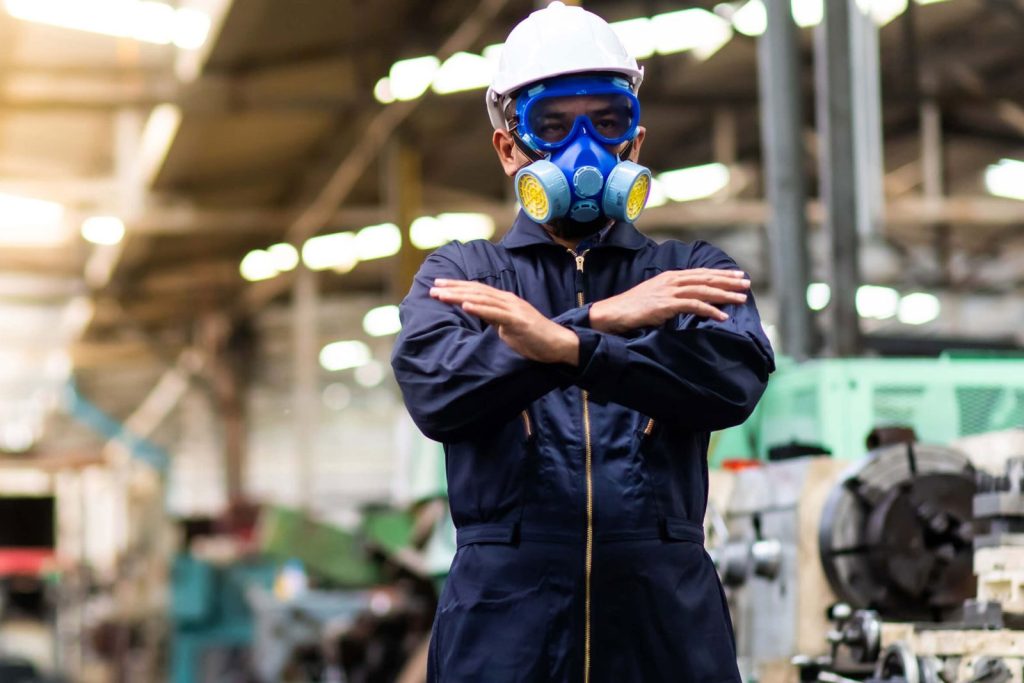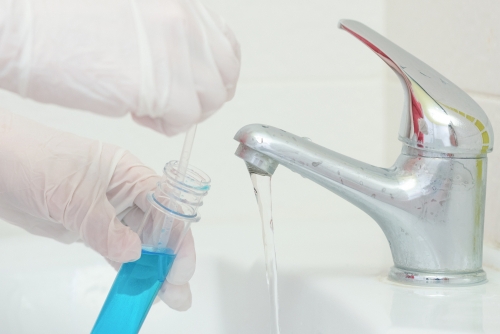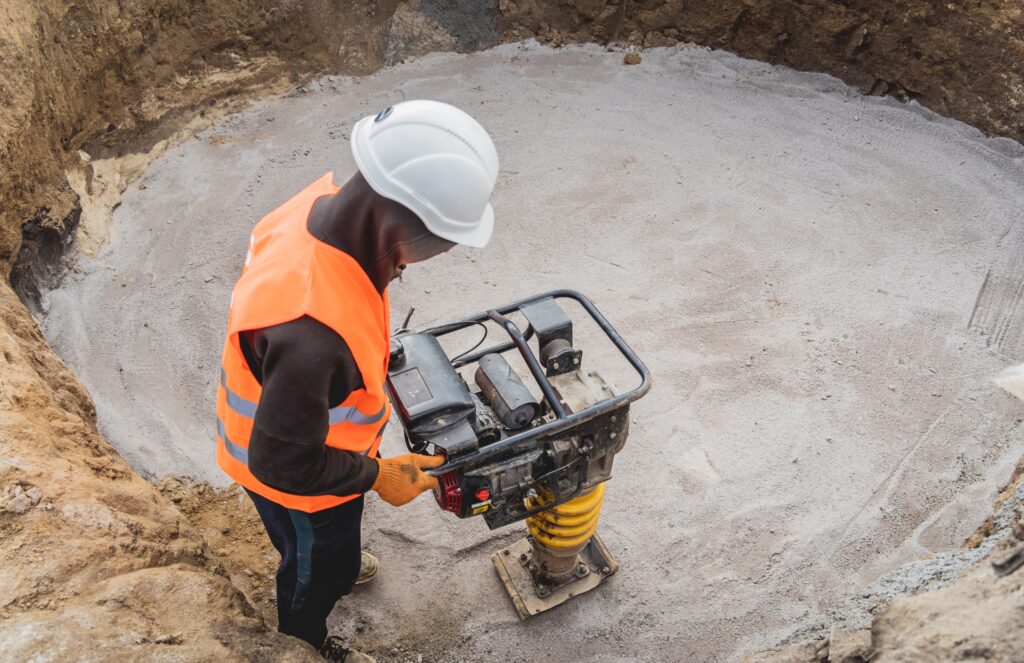A couple of weeks ago we wrote about the importance and the dangers in particular of silica within specific industries to workers. As of Monday 3rd July, Health and Safety Executive (HSE) inspectors have begun a targeted inspection initiative focusing on manufacturing businesses where materials that contain silica are used. This will include brick and tile manufacturers and foundries. Their Dust Kills campaign is well underway.
The inspections, which start Monday 3 July, are checking that employers and workers know the risks involved when dealing with RCS and that businesses have control measures in place to protect workers’ respiratory health.
It is estimated that around 500 deaths occur every year in Great Britain as a result of workplace exposures to RCS.
ARE YOU AWARE OF THE RISKS ?
Inspectors are checking that employers and their workers know the risks and have control measures in place to prevent exposure to RCS which can cause irreversible lung disease if breathed in over time.
Employers should talk to their workers about the risks, and how to avoid them. Make sure they understand how a job should be done safely without creating risks to their health.
Silica is a natural substance found in most stones, rocks, sand, and clay. Silica particles are produced during many manufacturing tasks involving these materials. Over time, exposure to silica particles can harm a worker’s ability to breathe and cause irreversible, often fatal, lung diseases.
UNDERSTAND THE DANGERS!
Exposure can cause serious health problems and may lead to an early death. By breathing it in, your workers could develop the following lung diseases:
- Silicosis: This disease makes breathing more difficult and increases the risk of lung infections. Silicosis usually follows exposure to RCS over many years, but extremely high exposures can lead rapidly to ill health.
- Chronic obstructive pulmonary disease (COPD): This is a group of lung diseases, including bronchitis and emphysema, resulting in severe breathlessness, prolonged coughing and chronic disability.
- Lung cancer: This is one of the most common and serious types of cancer. Heavy and prolonged exposure to RCS dust can cause lung cancer.
HSE’s head of manufacturing David Butter said: “It’s important that manufacturing businesses act now to ensure they comply with the law and protect their workers from serious lung diseases. Businesses should take note that good ventilation in the workplace and personal protective equipment are just some of the measures they need in place to protect the respiratory health of workers.”
HOW CAN WE HELP?
Safety First is experienced in delivering a complete range of occupational exposure monitoring services to provide you with confirmation that your control measures are adequate and workplace exposure limits are not exceeded.
Contact our friendly team of experts to find out more about occupational exposure monitoring
There is advice and free resources on the “Dust Kills” campaign pages.
To view the HSE guidance visit:
- https://workright.campaign.gov.uk/campaigns/silica/silica-employers/brickandtile/
- https://workright.campaign.gov.uk/campaigns/silica/silica-employers/foundries/
- Or download our advice for workers: https://workright.campaign.gov.uk/download/6194/?tmstv=1688117586

